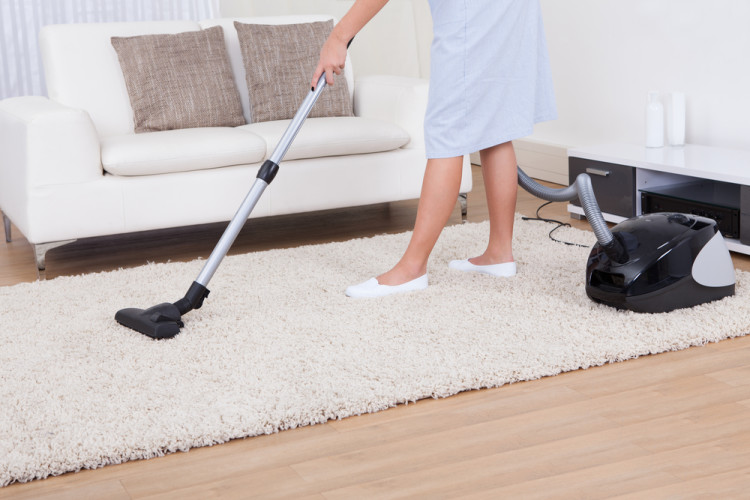Contributed by EUNICE LI DAN YUE –
The Welfare of our Domestic Helpers: More Maids Are Complaining Of Not Getting Enough Food To Eat

It is indeed a worrying trend that more maids in our country are complaining of not getting enough food to eat (“More foreign domestic workers say they do not get enough to eat”; Straits Times, Oct 25).
Our previous mid-20s Myanmar maid told my mom that when she was working with her previous employer- an Asian, she was just given a slice of bread for breakfast, instant noodles for lunch, and rice with vegetables for dinner. She said that she once complained to her employer that she did not have enough food to eat, but was just replied bluntly by the employer that if she was hungry in between meals, she could just take some bread as snack.
Loopholes with the current regulation regarding provision of food for maids
Currently, our Ministry of Manpower (MOM) says only that employers should provide “adequate food” for maids. However, it is debatable as to how much is “adequate”, as different employers have different definitions of “adequate”. This term is basically too vague and subjective.
In our household, my mom usually gives the food allowance for the maid to buy her own breakfast and lunch; and if we are dining in the house for dinner, my mom would usually set aside a portion of the food that we cook, for the maid, before the food is served onto the table for us.
However, I have heard from friends that for some employers, they will only give the leftover for the maid to eat. So on the days that there is no leftover, the maid is likely to go hungry for the night and will have to use her own pocket money to buy the dinner.
How to ensure that maid’s needs regarding food provision are protected?
In Hong Kong, the country where I was born, employers are legally obliged to provide free food or give a monthly food allowance of HK$964 (S$158) for the maid, if no food is provided for her.
Under clause 5(b) of their Employment Contract, it is specifically stated that “if no food is provided, a food allowance of the above amount (HK$964- the employer can specify more than this amount, but definitely not less) a month should be paid to the Helper”.
Under clause 5(c) of their Employment Contract, the Employer should provide a receipt for payment of wages and food allowance and the Helper shall acknowledge receipt of the amount under her signature.
This regulation came into effect some time in Oct this year (2014).
In order to better protect the welfare of our maids in terms of food provision, perhaps our country should follow the example of Hong Kong too, by making it mandatory for employers to state specifically the food allowance to be provided to the maid, if no food is provided to her, in the Employment Contract.
Looking into the welfare of our domestic helpers
After all, our country depends largely on maids, so that female employers can go out to work boosting our economy and enhancing our workforce, so I hope that the government will seriously consider my proposal, so that maids in our country will be getting food of both sustainable quantity and reasonable quality.
By Eunice Li Dan Yue
ADVERTISEMENTS










Leave a Reply